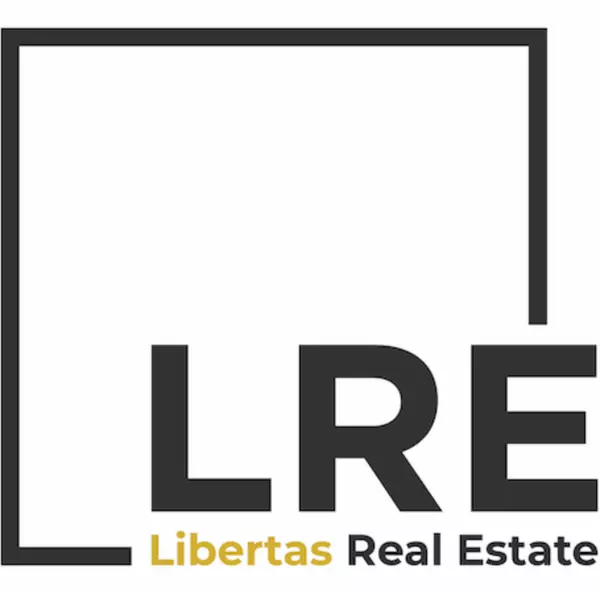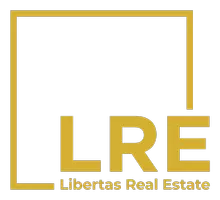Government shutdown halts new reverse mortgage endorsements
The Federal Housing Administration (FHA) said Wednesday it will continue processing claims during the government shutdown but cannot endorse new Home Equity Conversion Mortgages (HECMs) until funding is restored. That information was confirmed by the National Reverse Mortgage Lenders Association (NRMLA).
Because most reverse mortgages fall under the FHA’s HECM program, FHA loan endorsements stop as soon as funding lapses. U.S. Department of Housing and Urban Development‘s (HUD) contingency plan for a lapse in appropriations, updated on Sept. 29, outlined HECM protocol:
“The Office of Single Family Housing will endorse loans, with the exception of Home
Equity Conversion Mortgages (HECM) and Title I loans, under current multi-year
loan guarantee commitment authority in order to support the health and stability of
the U.S. mortgage market,” the plan reads.
In the document’s Q&A section, HUD confirmed that borrowers will receive HECM payments from HUD during the lapse in appropriations.
Bill Packer, chief operating officer of Longbridge Financial, siad the pause in FHA endorsements and the temporary delay in flood insurance policies will not affect the company’s ability to serve borrowers.
“We’re focused on educating our customers and partners about what this means, while reinforcing the alternatives available beyond FHA loans,” Packer said. “Our proprietary Platinum suite and the first-ever HELOC For Seniors provide innovative options that aren’t dependent on government funding. Our priority is ensuring customers have dependable choices and peace of mind, even during short-term policy disruptions.”
What a shutdown means for seniors
It is unclear how long a shutdown will be. Prolonged closures can weigh on housing, delay economic recovery and weaken investor confidence, according to Selma Hepp, chief economist at Cotality.
Beyond HECM delays, seniors could face other disruptions. Social Security checks will continue, but services at the Social Security Administration (SSA), like issuing new cards or processing applications, may be limited. Medicare, Medicaid and disability benefits will still be paid, though administrative delays and longer wait times are likely.
Borrowers who rely on federally backed mortgages — including FHA, Department of Veterans Affairs (VA) and USDA loans, which make up about a quarter of mortgage applications — may face significant processing delays as agency staff are furloughed. The USDA has already put new loans on hold and postponed scheduled closings.
Because the shutdown may block access to tax and Social Security records, Fannie Mae and Freddie Mac announced they are waiving some verification requirements for lenders. The guidance will last until government functions are restored.
Uncertainty also weighs on consumer and business behavior, Hepp said, as households hold off on major purchases and employers pause hiring or investment. Extended furloughs may hurt household finances, potentially damaging credit scores and tightening lending standards.
“If a shutdown drags on, missed payments or furloughs can hurt credit scores and loan performance, especially for federal workers and contractors. Stricter lending standards may shrink the pool of qualified buyers even more,” Hepp added.
A shutdown can also affect the Federal Reserve’s decision-making. Investors often drive down Treasury yields during government closures, which can trim mortgage rates by 0.125 to 0.25 percentage points.
Hepp noted in her commentary that the loss of critical data — such as jobs and inflation reports — makes it harder for the Fed to set policy. Without those benchmarks, the central bank may delay adjusting rates, rely on private-sector data or lean on internal forecasts, potentially heightening market volatility.
Categories
Recent Posts










GET MORE INFORMATION

